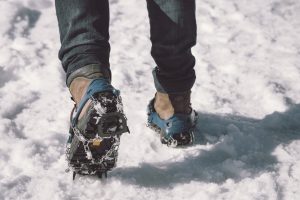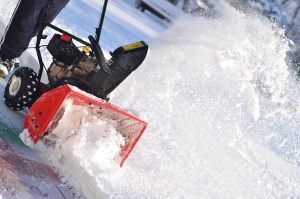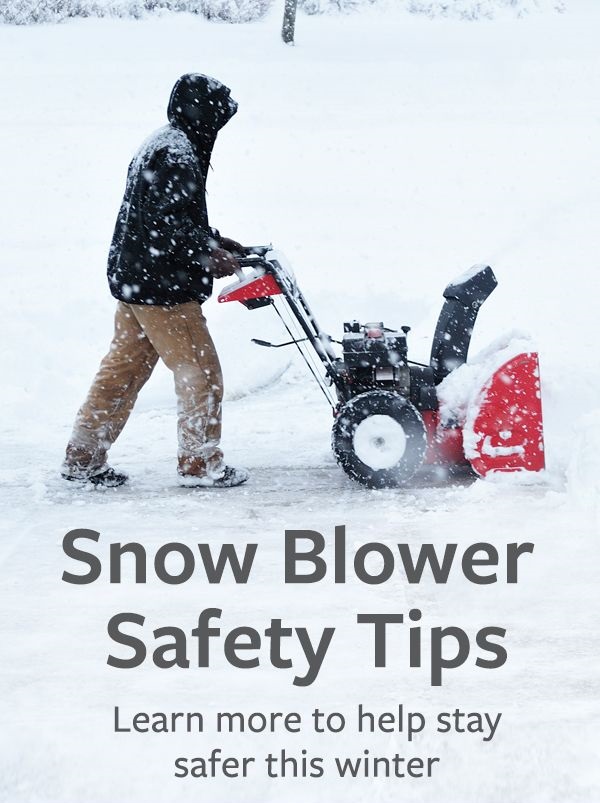Snow season is on and this is the time to wipe off the snow blowers once again. Every year, thousands of people meet with serious injuries to their hands, fingers, and backs due to the unsuitable handling of snowblowers. Injuries generally occur when the snow is weighted, wet or has gather several inches. Below are some basic safety tips to keep you all from getting injured. If you are looking for power packed snow blower than do check here Bercomac Snowblower.
Try to avoid wearing loose clothing – Loose pants, jackets and scarves that can easily become twisted in the moving parts of a snow blower.
Wear strong footwear with good grip – Suitable footwear will help to prevent form slipping and fall injuries. Try to consider using shoe or boot grippers, such as ICE trekkers. These are also considered as ice cleats or spikes, they will reduce the risk of a slip and fall.
Remain Focused – Pay close attention to the task at hand and desist from the use of medication, drugs or alcohol. Check the reviews of Simplicity Snowblower here which is very helpful in dealing with snow.
Switch on the machine outside – Do not start your snowblower in a garage or inside anywhere. Gas-powered snowblowers generate dangerous carbon monoxide
Save your ears – Wear an ear plugs or other hearing device. Generally gas-powered snowblowers are loud and can cause hearing porblem.
Think about where the snow is blowing – Never placed the discharge chute toward people, traffic, or areas where damage can took place.
Try to keep children indoors – Children loves to play in the snow, but hold off the children until after you are done snow blowing.
Stride yourself – Even though snowblowers are safer and faster than shoveling, but still you should still take rest breaks.

Clogged Snowblowers
When dealing with snowblowers, hand or finger injuries are very common, including limb. This generally occurs when the user tries to clear a clogged auger or discharge chute with their hands. If you want to stay safe from the dangers of a clogged snow blower follow these tips. Learn more about Snowblower here.
How to keep the snow blower from clogging:
- Work at a rapid pace. When the blade move faster, the snow is less likely to twig.
- Consider snow blowing many times during a wet or heavy snowfall.
- Spray cooking oil on the blades and chute.
If the snowblower becomes clogged:
- Turn off the engine
- Just check blades have stopped rotating before trying to clear the clog.
- Try to use a clearing tool or stick for clearing the clog.
- Don’t use your hands or feet. A clogged auger can have residual energy that can trick your hands even when it is off.
- Keep all buckler in place.
- Again, keep your hands and feet aside from all moving parts

